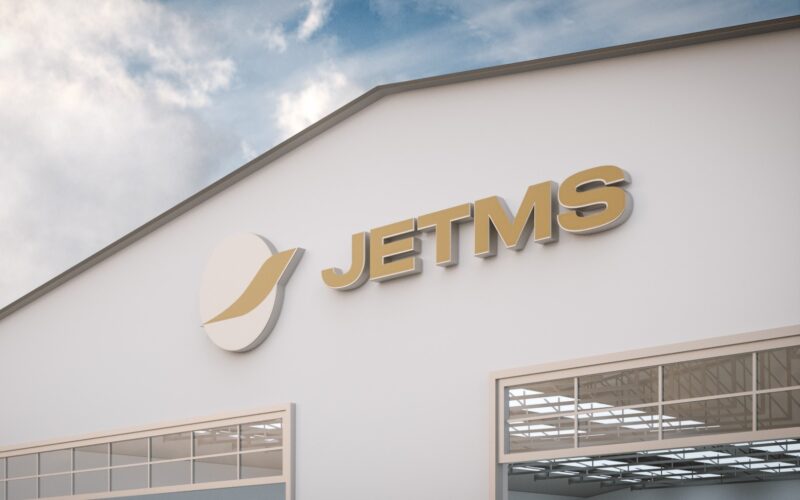Private Jet Flights in Europe Surge by 64% in 2022

According to a recent report by Greenpeace, private jet flights in Europe witnessed a remarkable 64% increase last year and the trend continues to rise. Business aviation is gaining popularity due to its unparalleled convenience, flexibility, and privacy, allowing executives to reach their desired destinations directly and maximizing productivity while on the move.
During the COVID-19 pandemic, business aviation played a crucial role in providing safe and low-contact travel options. As a result, it helped MRO organizations to sustain their operations during challenging times. However, with changing circumstances, environmentalists raise concerns about the sustainability of business aviation. The question arises: Will the industry, which supported us during the pandemic, now experience a decline?
Reducing carbon footprint and promoting climate stability have become major priorities. Environmentalists propose various measures such as cutting down car trips, minimizing water usage, lowering home heating temperatures, and reducing air travel frequency to combat greenhouse gas emissions.
Protests calling for the banning of business aviation have gained traction, citing high carbon emissions, consumerism, and inefficiency. Nevertheless, it’s essential not to rush to conclusions. Greenpeace points out that private jets and luxury emissions are currently not regulated as such in the EU and are excluded from significant EU legislation addressing greenhouse gas emissions.
On the other hand, the business aviation industry actively engages in environmental stewardship across its value chain and aims to achieve net-zero emissions by 2050. The sector has been dedicated to developing and adopting technologies that reduce engine emissions, optimize performance, and contribute to more efficient fuel usage. In the past 40 years, business aviation has improved its carbon footprint by an impressive 40%. Global CO2 emissions from business aviation constitute approximately 2% of all aviation emissions and merely 0.04% of global emissions, according to the European Business Aviation Association (EBAA).
To enhance sustainability, MRO companies are taking initiatives like investing in renewable energy sources, installing solar panels, reusing materials, recycling water, utilizing electric vehicles, and practicing teardowns. The adoption of energy-efficient technologies like LED lighting is also becoming common in OEM facilities. Even simple actions such as opening hangar doors for ventilation, turning off lights, and unplugging idle equipment contribute to emission reductions.
Vytis Zalimas, the CEO of JETMS, a global provider of integrated aircraft solutions, emphasizes their commitment to sustainability. JETMS actively integrates LEAN principles throughout its operations to streamline processes and minimize waste, thereby reducing their carbon footprint. Recycling and teardown initiatives are given high importance to reduce landfill waste and conserve valuable resources. The company prioritizes sustainable materials when designing and refurbishing aircraft interiors, aligning their mission with reducing the aviation industry’s impact on the environment.
In autumn 2023, JETMS plans to expand its VNO hangar, doubling its current capacity and enabling it to service around 100,000 MHRS per year. This strategic move positions the company as a leading player in the aviation industry, offering comprehensive maintenance solutions to a larger client base. With a highly qualified team and an unwavering commitment to excellence, JETMS stands out as a top choice for aviation services.
Apart from their exceptional services, JETMS is also devoted to a sustainable and socially responsible future. Clients and partners will soon have the opportunity to contribute to this mission by participating in tree-planting initiatives. The company aims to create a brighter and more sustainable tomorrow, inviting everyone to join them on this journey.
In conclusion, the business aviation industry is experiencing a significant surge in Europe, and sustainability remains a crucial concern. While the industry faces scrutiny from environmentalists, it is actively working to reduce its carbon footprint and adopt sustainable practices. Companies like JETMS are leading the way by integrating green principles into their operations and expanding their capacity to meet the growing demand for environmentally conscious aviation services. Together, through collective efforts, we can soar towards a more sustainable and responsible future. Stay tuned for updates on JETMS’ sustainability initiatives and be part of the positive change!
